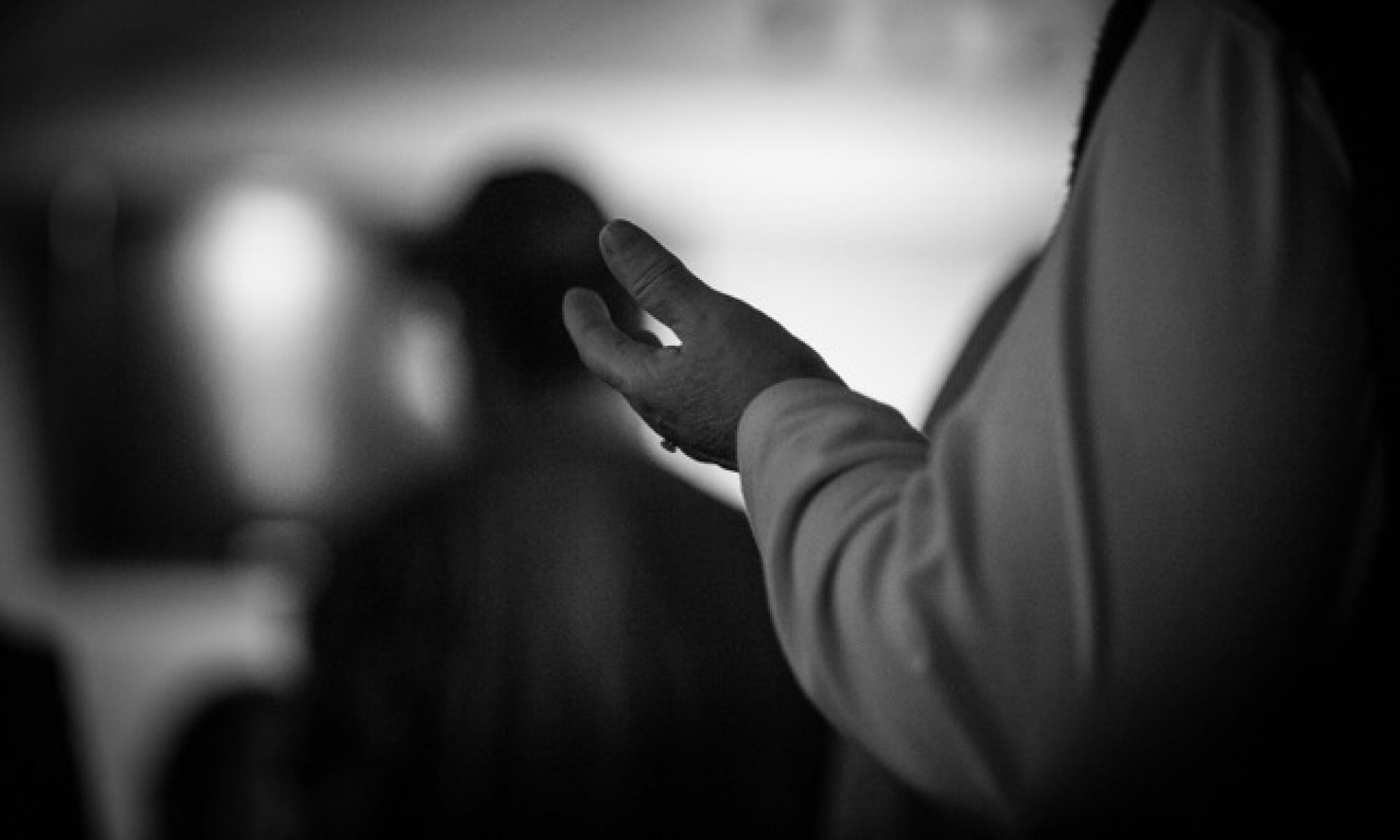Blood & Sacrifice (ATP)
Sacrifices in the Bible seem so violent. Did God really want people to kill animals? Or was it because they were really just seen as livestock- the same as a crop. I don’t think our God is really a “blood thirsty” God in the Old Testament but did he want animal sacrifices because they were symbolic of the consequences of sin within our lives? “The wages of sin is death.”
God is not a blood thirsty God. When we consider the concept of animal sacrifice it’s hard for us to reconcile because our modern society is not accustomed to this, but animal sacrifice was a common practice within the context of the Ancient Near East, Greece, Rome, and other areas. The idea of animal sacrifice wasn’t originated in Christianity. However, its meaning within scripture is different from what we see in Israel’s neighbors. For example, Ancient Greeks used to eat the best parts of the animal and then sacrificed the leftovers as an offering to their gods. To get a scriptural understanding of animal sacrifice we need to turn to the Bible. Of course, the Word has great detail regarding this topic that we can’t possibly decipher in one Faith Fix. For that reason I will attempt to pull out some key understandings and encourage you to get into the Word further for greater depth of understanding.
Let’s look at the book of Leviticus. The purpose of the book of Leviticus was to show God’s people how to worship, serve, and obey a holy God. In the very beginning of the book the Word addresses animal sacrifice. Leviticus 1:3, “If his offering is a burnt sacrifice of the herd, let him offer a male without blemish; he shall offer it of his own free will at the door of the tabernacle of meeting before the LORD.” This scripture addresses the practice with a couple key principles. First, if you’re going to make an offering, do it at your own free will. An offering isn’t an offering if the motives are wrong or the hand is forced. This is still true today. Also, if you’re going to offer an animal at the altar, choose an animal without blemish. This is significant for two reasons. First, leftovers are not true offerings. An offering must be sacrificial. It isn’t putting God last, but putting God first. We saw this in the testimony of Cain and Abel in the book of Genesis. Abel offered of the first born of his flock, a real sacrificial offering, while Cain collected the fruit off the ground and brought that, leftovers instead of sacrifice. Look at Hebrews 11:4, “By faith Abel offered to God a more excellent sacrifice than Cain, through which he obtained witness that he was righteous, God testifying of his gifts; and through it he being dead still speaks.”
The other significant understanding we need to see in Leviticus 1:3 is that the offering must be without spot or blemish. This is of course because we offer our best to God, but it’s also symbolic of the coming Messiah. In other cultures and religious ritualistic practices, the animal didn’t need to be whole or pure, but God was saying here that the purity of the sacrifice matters. The animal was meant to be for atonement of sins and transgressions, which the animal surely did not commit, just as Jesus did not commit the sins of humanity. Atonement means to cover, to cancel, to appease, to cleanse, to forgive, to pacify, to pardon, and to reconcile. The purity of the blood was symbolic of cleansing. Many times in scripture you will see Moses making atonement for the Israelites or the Old Testament law addressing how to properly make atonement for sins. Just as with the animal sacrifice, Jesus became the atoning, cleansing blood of the lamb.
Look at Romans 5:10, “For if when we were enemies we were reconciled to God through the death of His Son, much more, having been reconciled, we shall be saved by His life.” Through the death of Jesus, through His pure, untainted blood, we receive reconciliation which really means atonement. We are pardoned, forgiven, and reconciled back to full access to God.
Leviticus 17:11 explains why the blood: “For the life of the flesh is in the blood, and I have given it to you upon the altar to make atonement for your souls; for it is the blood that makes atonement for the soul.” The blood is the life force in a body. God did as He commanded the Israelites. He took His firstborn, innocent lamb and He offered Him up on the altar to make atonement once and for all for all the impurity and sin that could ever be found in humanity. Just as those farmers surely didn’t enjoy offering up those precious animals, God didn’t enjoy offering up His precious Son, but He knew it was a trade off for the rest of us. He wanted His people to understand the significance of what would be done with the coming Messiah.
Romans 6:23, “For the wages of sin is death, but the gift of God is eternal life in Christ Jesus our Lord.” This was the truth from the beginning and will be the truth to the end. God can’t go back on His Word. If He said it, He’ll make it good. Remember what we saw in Psalms 15:4, that God, “…honors those who fear the LORD; He who swears to his own hurt and does not change.” Integrity is who God is, whether it costs Him or not.
Be Blessed,
Pastor Renée

